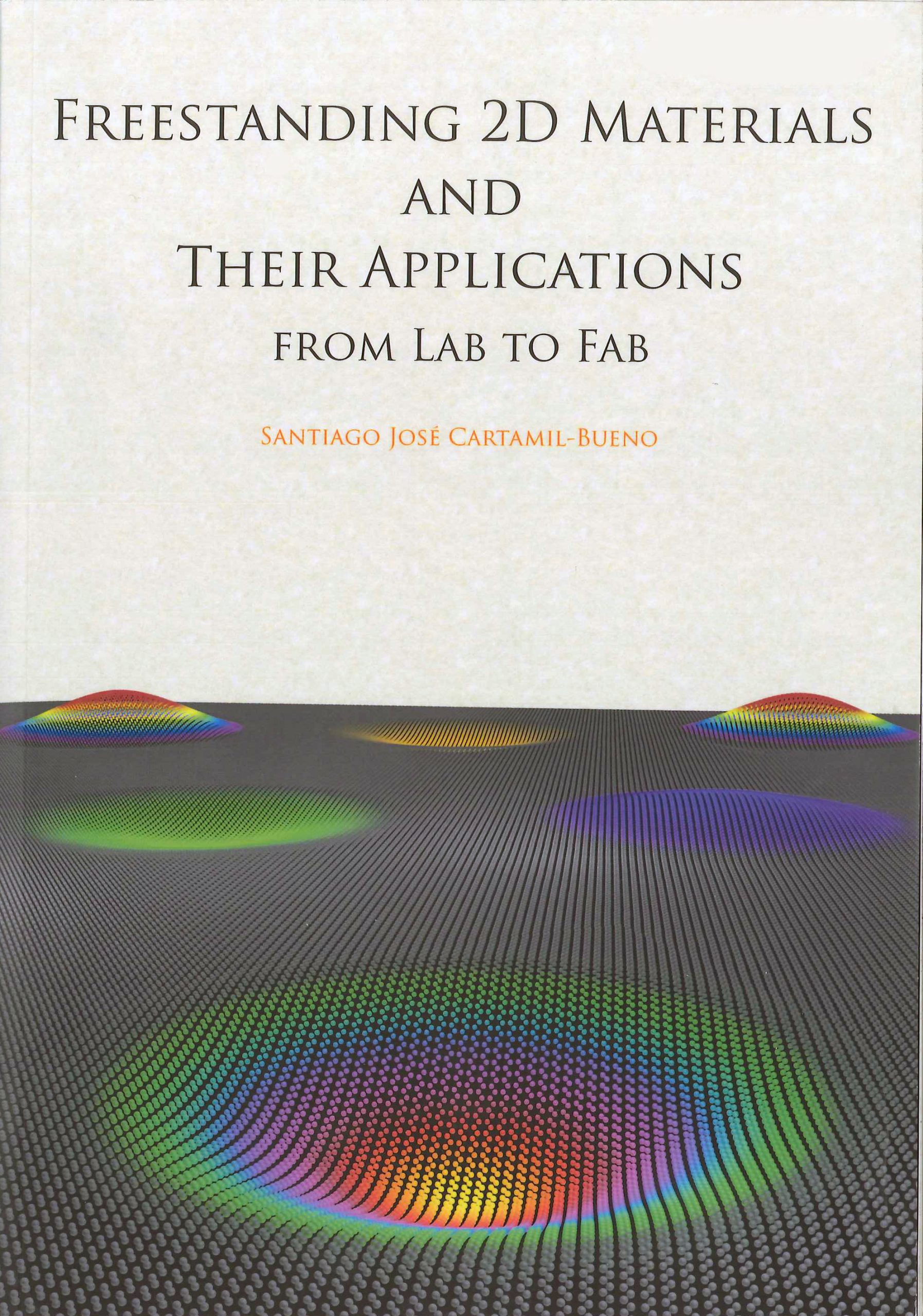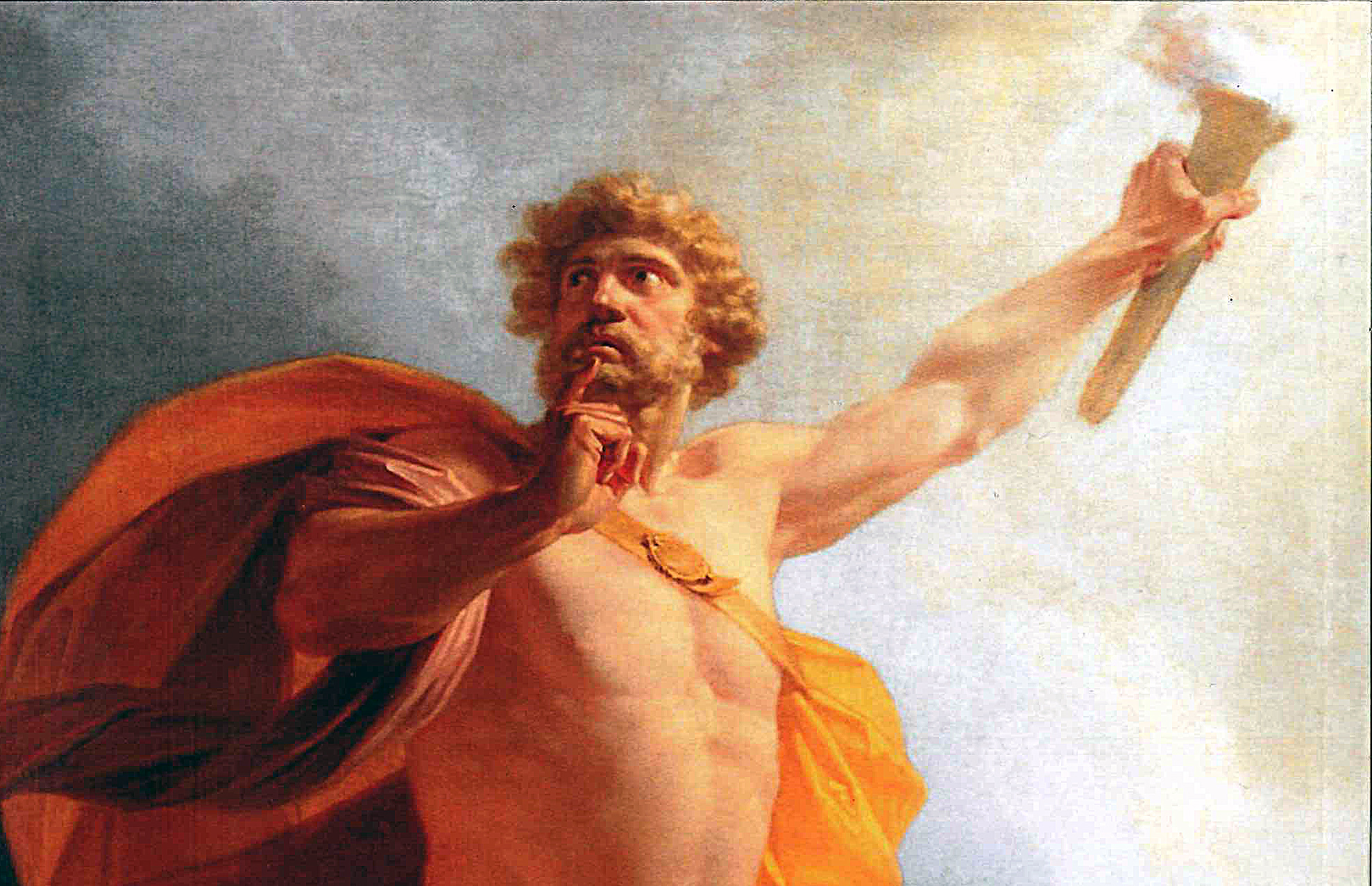Money has replaced curiosity as the main driver of scientific research. PhD candidate Santiago Cartamil Bueno argues the need for a new Age of Enlightenment of the Romantic kind.
With the introduction of marketing strategies in the 1930s, knowledge started to become compromised. Despite the initial strong resistance of the scientific community to this business of selling empty words and partial truths that only confuse and manipulate the population and prevent real progress, science eventually succumbed to the modern fashion of treating knowledge as yet another product to be sold. But once curiosity is compromised, intelligent machines will not need to share their knowledge with us, and we will be sentenced to race ostracism like the rest of the animals.
New scientists should become aware of this danger at least, possibly comply temporarily if afraid of truly compromising their individual survival, but never give up curiosity for money or fame. Humanity needs new and independent thinkers, whether they are called scientists, philosophers, writers or preachers. Real leaders who are actively looking for routes to change this destructive path and free us from this blinding jail that will surely mean our end as an intellectual race and downgrading to consumable animals. Normal people who will overcome their fear of fire again.
The Titan Prometheus took fire from the gods after they attacked humankind in a totalitarian manner in the interest of retaining power for themselves and to prevent the distribution of power by sharing it with common humans. As a result, humans could continue to progress, although Prometheus was punished by the gods. He was isolated from other beings and chained to a rock, and the gods made an eagle eat his liver every day (he healed overnight). This punishment lasted for a millennium until the demi-god Hercules killed the eagle and freed Prometheus from his fate.
Never give up curiosity for money or fame
In a broader and more metaphorical view, we could envisage a compromised science in need of a fire that returns the warmth and light that it used to provide. The Dark Enlightening episode of science we are currently witnessing is no more than a result of the usual reactionary movement of some “leaders” who believe in gods (or believe themselves to be gods) and their opportunistic henchmen. They are easy to spot as they favour individualism to promote competition in a no-guaranteed-rights scheme, but they get angry if the same rules are applied to them. Dark-enlighteners also ignore any problems that do not concern their own power. They tend to evaluate everything by a simple “What do I win?” test, and they ask, “What do you want/win?” because they do not understand common causes and altruistic behaviour. This type of misunderstanding brings them out of their comfort zone, which they handle by displaying their wrath with authoritarian speech, acts, and decisions.
On the bright side, nanotechnology is possibly bringing a kind of romantic approach to science again, where the multidisciplinary and open-minded dialogue is essential to proceed (and succeed). Similar to the birth of classical Romanticism (Age of Reflection) in the 1800s (which originated as an alternative to the progressive Enlightenment movement), nanotechnology – and the 2D materials field in particular – is developing as a comprehensive branch of Science that replaces the previous branching into scientific specializations.
I wonder if we could include this scientific mind-set as part of a new movement called Enlightening Romanticism or simply Neoromanticism. In contrast to Dark Enlightenment science, where nature has been objectified and knowledge is commercialized, Neoromantic science denies individualism, fake collaborations and for-profit research, and bets on the trust-based cooperation of humans. I hope that this self-reflection will find a strong response in other researchers who may want to light their torches with mine for I must proceed into the Age of Imagination.
Santiago José Cartamil Bueno (@tegamisen on Twitter)


- Santiago José Cartamil Bueno will defend his PhD thesis titled Freestanding 2D materials and their applications on Monday, 18 December 2017, starting 14:30.
- The text is an abbreviated version of the preface to his thesis



Comments are closed.